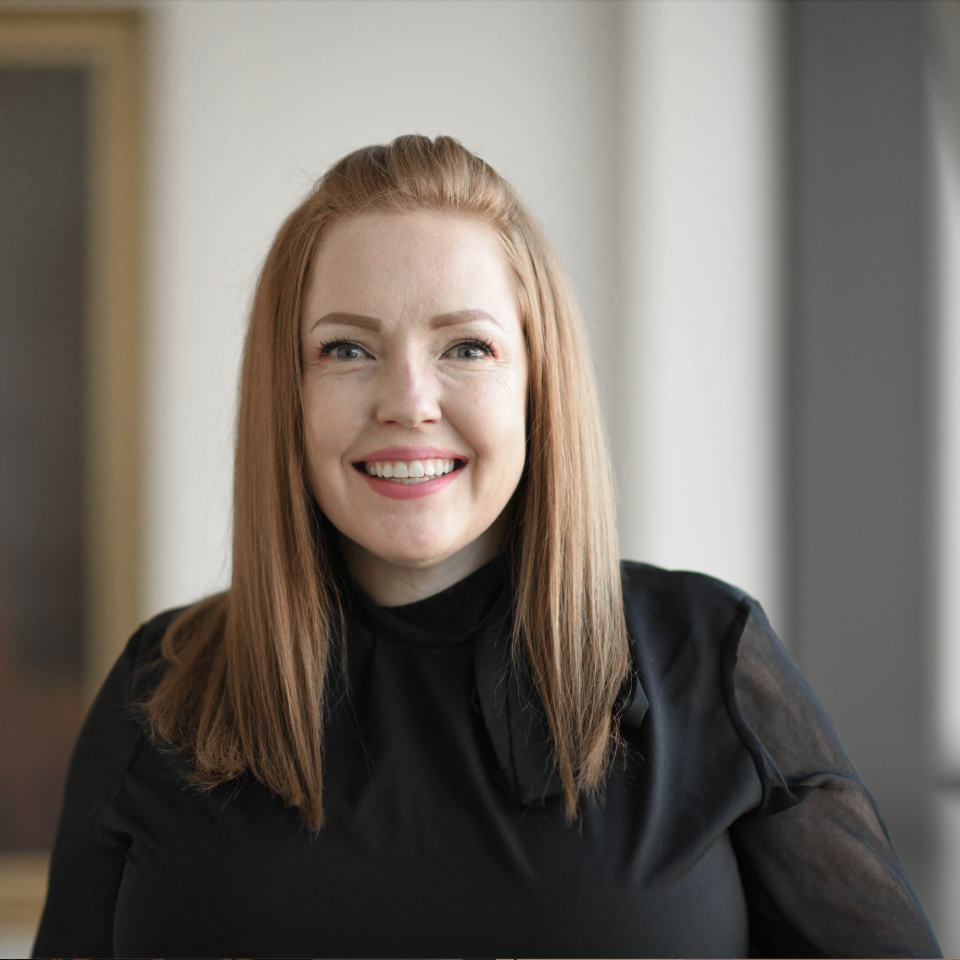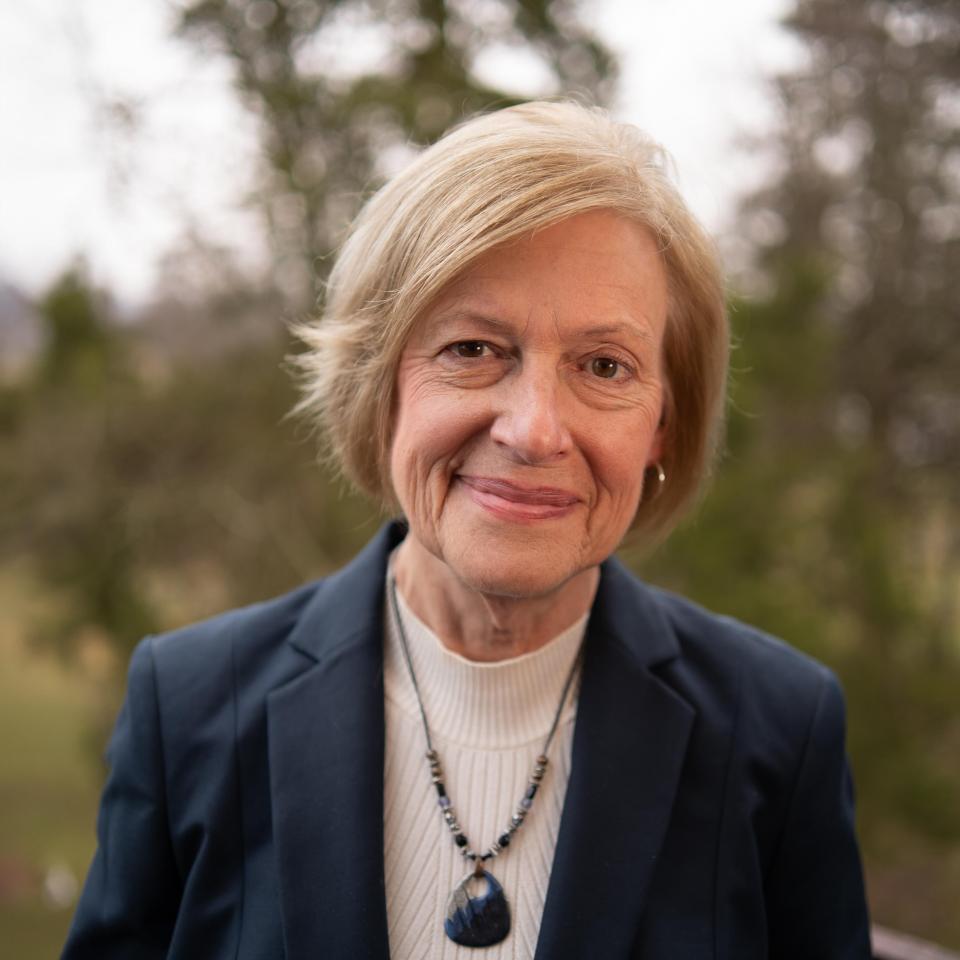The most recent United States census counted nearly 60 million people who were at least 65 years old. That’s one in six people nationwide. Because people, on average, are living longer than they did in the past, this age group makes up a growing percentage of the population. By 2030, one of every five people in the US will be 65 or older.
Faculty in the College of Nursing’s (CON) Gerontology Interdisciplinary Program come at the science of aging from all angles. They share knowledge about age-friendly health care and communities, investigate ways to improve the well-being of older adults and their caregivers, develop new strategies to promote healthy aging, and consider other clinical and sociological aspects of aging. And despite their diverse interests and expertise, there’s something they enthusiastically agree on: gerontology is for everyone.
Society is working to better support the unique needs ofthis growing group, but it hasn’t caught up yet, says assistant professor Rebekah Perkins, PhD. “The way that society is constructed has to be in a way that it’s going to be accessible for an older person,” she says. “Infrastructure-wise, policy-wise, environment-wise—all of this is not really fully equipped at this stage.”
The CON’s gerontologists say virtually every aspect of society could be improved by understanding and accommodating the needs of older adults. Cities, buildings, and transportation systems should work for people with limited mobility. Communities need activities and gathering places to help older adults stay engaged and avoid social isolation. Law practices, financial systems, arts and entertainment industries—all should be prepared to include older adults.
“I can’t really think of any field that you’ll go into where you won’t benefit from having some understanding of gerontology,” Perkins says. “There’s so much more work to be done, and it’s super innovative and creative.”
Needless to say, shifting demographics also mean a growing need for health care workers who understand how to interact with and care for older adults. Gerontology faculty point out that the number of geriatricians and long-term care clinicians in the US is grossly inadequate to care for our aging population. Partly for this reason, those skills cannot be solely the domain of providers who specialize in caring for older patients. Everyone in health care, from hospice workers and physical therapists to pharmacists and optometrists, should have some gerontology training," says professor Linda Edelman, PhD.
“There’s a lot of differences and a lot of things to take into consideration when caring for older adults,” she says. “I would love for people to know that we know a lot about aging, and we know a lot about what we can do to improve aging, whether it’s physical or social or mental.”
“I think initially, a lot of people don’t see themselves working with older adults. But if you’re in primary care, three-quarters of your patient panel might be 65 plus,” says associate professor Jacqueline Eaton, PhD. Many providers will see patients who return for decades over the courses of their careers. “If your patients love you, they will be with you until the ends," she says. "So eventually your patient panel will age."

I can’t really think of any field that you’ll go into where you won’t benefit from having some understanding of gerontology. There’s so much more work to be done, and it’s super innovative and creative.
The Gerontology Interdisciplinary Program is eager to share its message of age inclusivity far and wide. Its connections to national and community organizations, as well as the U of U’s Center on Aging, extend its reach. Its educational programs welcome students of all kinds.
Students from across campus can enroll in a gerontology class to learn more about aging or deepen their knowledge through both undergraduate and graduate certificates and degree programs.
Nonmatriculated students can enroll in courses, too, and members of the community can attend workshops. Additionally, a new dual-degree program lets students earn a Master of Physician Assistant Studies in conjunction with a Master of Science Gerontology. All of the gerontology courses are online and asynchronous, meaning students anywhere can access the material at any time.
Beyond the tangible skills they can impart to students, gerontology faculty say an important part of their job is dispelling myths about aging and advocating for age- inclusivity. They know that ageism is still prevalent, and many people put off thinking about aging until they have to.
“I think that our society could do a much better job of preparing people and then also of honoring all of the wonderful positive aspects of aging: the wisdom, the happiness,” Edelman says.
Likewise, the faculty want people to know that aging is a lifelong process and that choices made early in life impact health in later years.
“I personally think that we need a major paradigm shift in how not only health care providers think about aging, but really society in general,” says Cathy Maxwell, PhD, the Robert L. and Joyce T. Rice Presidential Endowed Chair in Healthy Aging. “Because aging is something that’s happening to every single human being, and aging starts when you’re young.”
“I would love to see students that go through the Gerontology program come out with that different mindset,” she says. “Then they can take that and be the next generation of leaders, preparing future clinicians and providers to be experts in taking care of older adults.”

I would love to see students that go through the Gerontology program come out with that different mindset. Then they can take that and be the next generation of leaders, preparing future clinicians and providers to be experts in taking care of older adults.
Featured in this article



